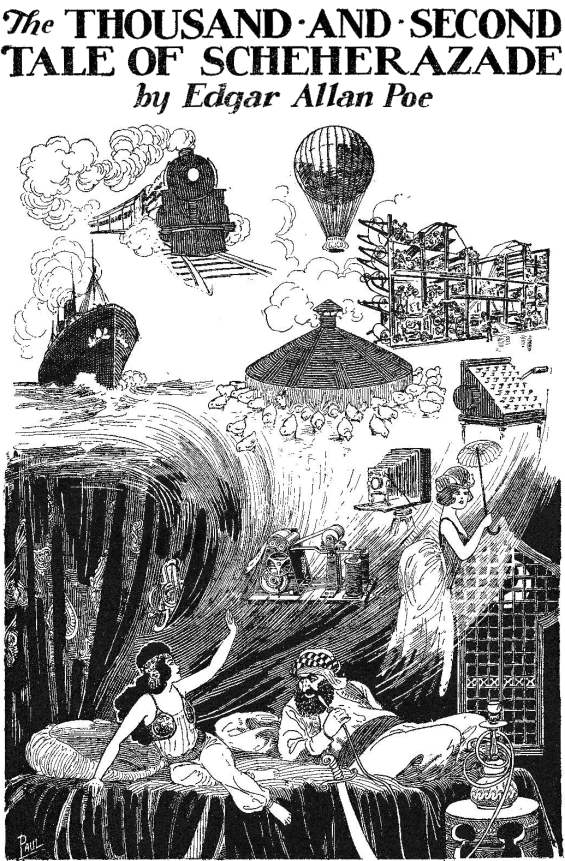

Here’s the editorial introduction to The Country Of The Blind from Amazing Stories, December 1927:
We take many things for granted in this world. We accept many preconceived notions about an amazing large number of things, which, like as not prove to be amazingly wrong. If any story ever proved this point, The Country Of The Blind certainly is that one. The author exploits the well-known saying , “In the country of the blind the one-eyed man is king.” Indeed that statement is most easy to believe and all logic should point that way. In reading this interesting story, you will soon find out how far wrong even seemingly good logic can be.
The above, presumably written by Hugo Gernsback himself, ably covers most of what I thought to say about this story. But that didn’t quite stop me.
This audiobook was my first time reading this story. I’m starting to think that H.G. Wells always wrote allegory and fable. The main character in this piece, and all Wellsian fiction, is completely unlikeable. The society he creates is unlikeable too. What does it say about me that I appreciated the story, even if I didn’t like it? What does it say about modern SF that stories with unlikeable protagonists in unlikeable societies are so few?
I guess I appreciated The Country Of The Blind because there’s a very deep skepticism to it, about human nature, about society but most importantly about the claim of wisdom. Man is a foolish, foolish beast. His only guide to the future is what has come before. But we’re always tempted to take some distilled bit of wisdom and use it that to do our thinking for us. What does it say for us when for every proverb we use to rationalize a decsion there is another proverb that could have supported an alternate?
Better, perhaps, to reject proverb entirely.
 The Country Of The Blind
The Country Of The Blind
By H.G. Wells; Read by llite (aka George Cooney)
1 |MP3| – Approx. 61 Minutes [UNABRIDGED]
Publisher: LibriVox.org
Published: January 17, 2010
While attempting to summit the unconquered crest of Parascotopetl, a mountaineer named Nunez slips and falls down the far side of the mountain. At the end of his descent, down a snow-slope in the mountain’s shadow, he finds a valley, cut off from the rest of the world on all sides by steep precipices. Nunez has discovered the fabled Country of the Blind. The valley had been a haven for settlers fleeing the tyranny of Spanish rulers until an earthquake reshaped the surrounding mountains and cut it off forever from future explorers. The isolated community prospered over the years despite a disease that struck them all blind. As the blindness slowly spread over the generations and the last sighted villager had died, the community had fully adapted to life without vision. First published in the April 1904 issue of the Strand Magazine.
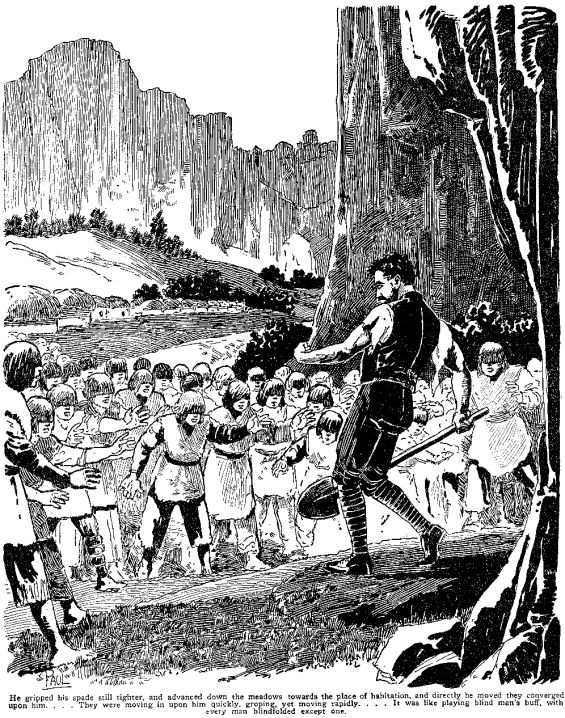
Included below are all the audio drama adaptations I could find. I recommend the episode of Escape with Paul Frees.
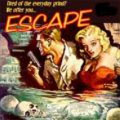 Escape – The Country Of The Blind
Escape – The Country Of The Blind
Based on the story by H.G. Wells; Adapted by John Dunkel; Performed by a full cast
1 |MP3| – Approx. 29 Minutes [RADIO DRAMA]
Broadcaster: CBS Radio
Broadcast: November 26, 1947
produced/directed by William N. Robson
Cast:
William Conrad … Ibarra
Paul Frees … Nunez
Produced/directed by William N. Robson
 Escape – The Country Of The Blind
Escape – The Country Of The Blind
Based on the story by H.G. Wells; Adapted by John Dunkel; Performed by a full cast
1 |MP3| – Approx. 30 Minutes [RADIO DRAMA]
Broadcaster: CBS Radio
Broadcast: June 20, 1948
Cast:
Berry Kroeger … Ibarra
Paul Frees … Nunez
 Escape – The Country Of The Blind
Escape – The Country Of The Blind
Based on the story by H.G. Wells; Adapted by John Dunkel; Performed by a full cast
1 |MP3| – Approx. 30 Minutes [RADIO DRAMA]
Broadcaster: CBS Radio
Broadcast: March 20, 1949.
Cast:
Berry Kroeger … Ibarra
Edmund O’Brien … Nunez
Produced/directed by Norman MacDonnell
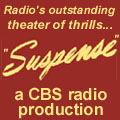 Suspense – The Country Of The Blind
Suspense – The Country Of The Blind
Based on the story by H.G. Wells; Adapted by John Dunkel and William N. Robson; Performed by a full cast
1 |MP3| – Approx. 19 Minutes [RADIO DRAMA]
Broadcaster: CBS Radio
Broadcast: October 27, 1957
Cast:
Raymond Burr
 Suspense – The Country Of The Blind
Suspense – The Country Of The Blind
Based on the story by H.G. Wells; Adapted by John Dunkel and William N. Robson; Performed by a full cast
1 |MP3| – Approx. 24 Minutes [RADIO DRAMA]
Broadcaster: CBS Radio
Broadcast: December 13, 1959
Cast:
Bernard Grant
Produced/directed by Paul Roberts
 Favorite Story – Strange Valley
Favorite Story – Strange Valley
Based on The Country Of The Blind by H.G. Wells; Adapted by ???; Performed by a full cast
1 |MP3| – Approx. 27 Minutes [RADIO DRAMA]
Broadcaster: KFI
Broadcast: April 23, 1949
Cast:
Ronald Coleman … Nunez
[via Escape-Suspense.com]
Posted by Jesse Willis

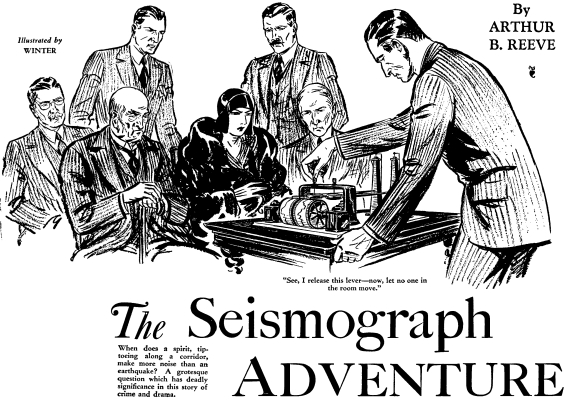
 The Seismograph Adventure
The Seismograph Adventure

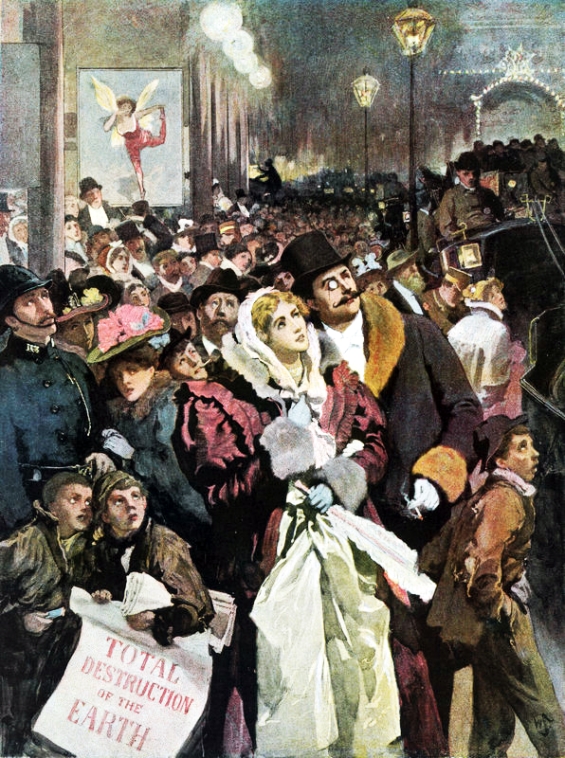


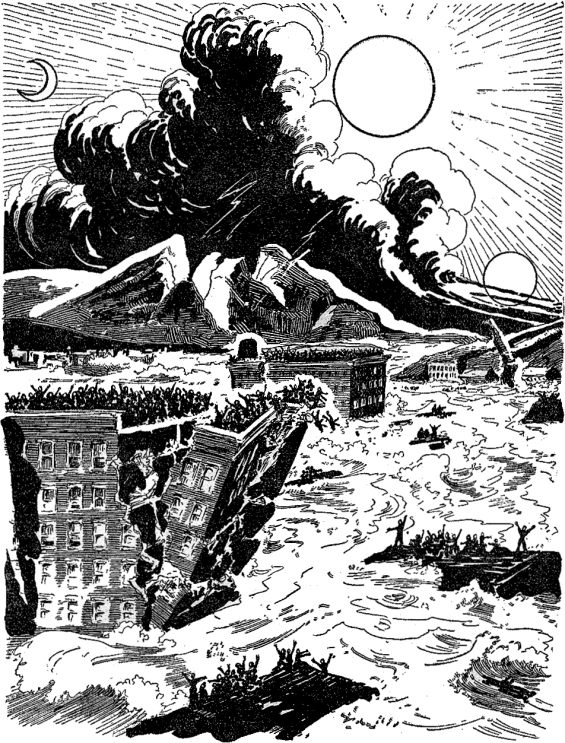
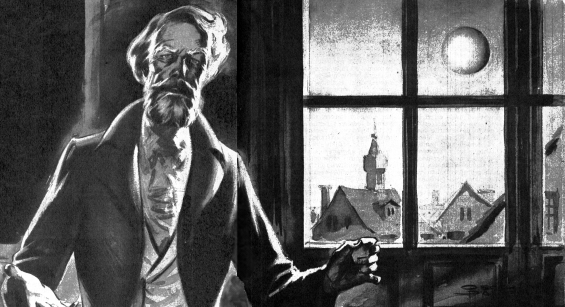

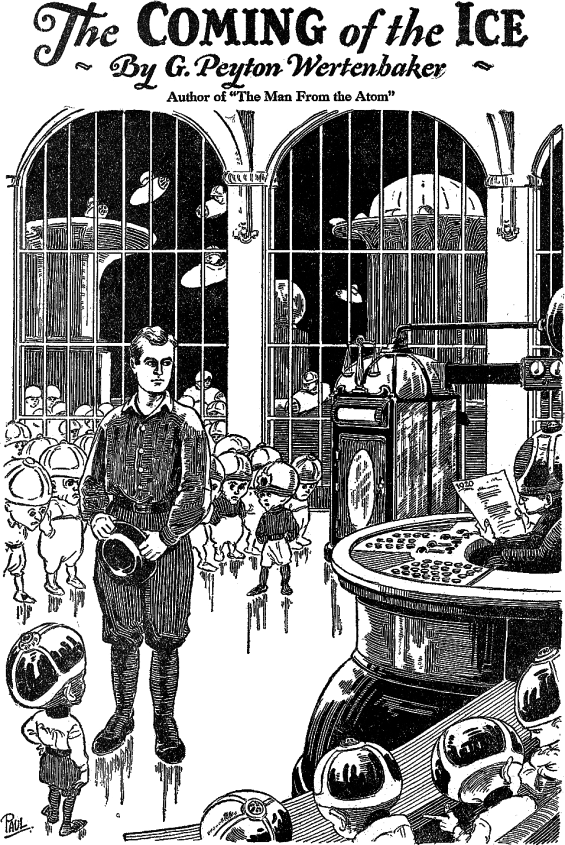





 Favorite Story – Strange Valley
Favorite Story – Strange Valley